| বাংলায় পড়ুন | Researchers and Reporters: Shama Sultana Anika Tahsin Ayesha Akhter |
What is your daily routine when you wake up in the morning? Naturally, see whether there’s a new message on WhatsApp or email, or check the Facebook notice on the nearby phone!
We cannot fathom a single minute in this era of information and communication technology without the Internet. In addition to being a tool for communication, the Internet is a major platform for expression, learning, and entertainment.
Therefore, access to the internet is now considered a fundamental human right in many nations across the globe. Internet services are now considered human rights under the revised Article 19 of the “Universal Declaration of Human Rights (UDHR)”. Everyone has the right to express themselves freely, it states. Among these rights are the freedoms of speech and the press, as well as the ability to communicate across boundaries and through any means. Governments in many nations still enforce Internet shutdowns to quell public unrest and suppress dissent, even though access to the Internet is acknowledged as a human right.
In Bangladesh, the phenomenon of internet blackouts is not new. There have been 77 internet outages thus far in 2024. These shutdowns are implemented for several reasons, such as information flow control, political instability, and security concerns.
The internet was blocked nationally for almost 150 hours by the Bangladeshi government on July 18. The internet outage was attributed by the former ICT Minister Junaid Ahmed Palak to the Mohakhali arson assault. International observers, however, like Cloudflare and Telenor, disregarded the justification and attested to the government’s order for the shutdown.
Since 2018, Bangladesh has reportedly shut down internet and social media services multiple times without any explanation from telecom firms or the government, according to “Access Now”. For instance, we may discuss the 2018 Safer Roads Movement. During that period, the national authorities had slowed down mobile internet. Not only that, but in 2019 and 2023 there have also been multiple allegations of internet service outages during opposition rallies and protests in Bangladesh.
Online criticism and protest of government actions are nearly difficult in this country because Internet traffic is regulated by the Ministry of Broadcasting and Information Technology Internet services are therefore purposefully suspended during specific periods. People’s ability to express themselves freely is thereby compromised.
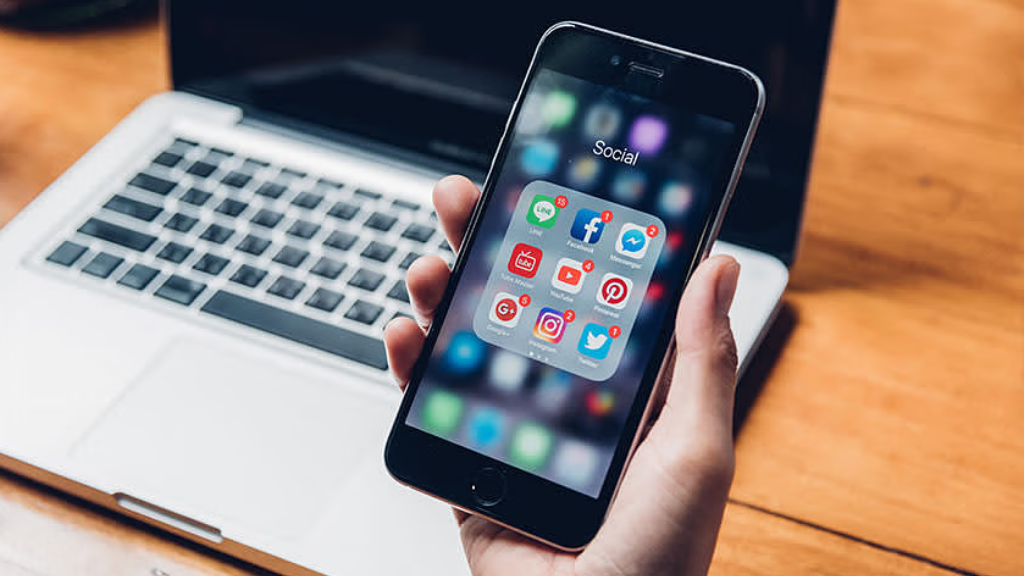
Social media criticism of internet shutdowns. | Photo: Collected
Internet and Rights for Humans:
- Many nations have made access to the Internet a fundamental right under their constitutions. The first country to designate Internet access as a fundamental human right was Estonia in 2000. In 2010, Finland declared broadband Internet access to be a legal right.” Isolating people from the Internet violates international law and cannot be justified under any circumstances,” stated the Special Rapporteur of the UN Human Rights Council (UNHRC) on the promotion and preservation of freedom of opinion and expression.
The freedom of expression and information is guaranteed by Article 39(2) of the Bangladeshi Constitution. However, through internet blackouts, the government is infringing on fundamental rights. A democratic society’s cornerstones of free expression and information availability are most immediately harmed by internet restrictions. The Human Rights Council of the United Nations declared that,
“Any limitation on the freedom of expression constitutes a serious human rights violation. The government of Bangladesh has effectively violated the rights of its whole population by enforcing an internet blackout”.

Public dissent on social media against internet shutdowns. | Photo: Collected
Make the required arrangements
Internet blackouts harm democratic principles and fundamental rights in addition to restricting citizens’ freedom of speech. Bangladesh’s internet ban breaches people’s fundamental and international rights. These shutdowns are excessive and frequently point to a misuse of authority intended to silence criticism. To safeguard online free speech and human rights, governments and civil society organizations must collaborate.
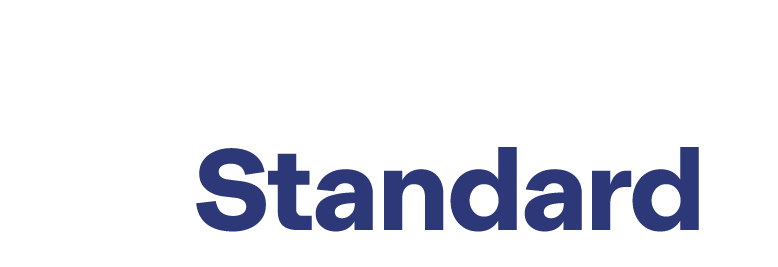
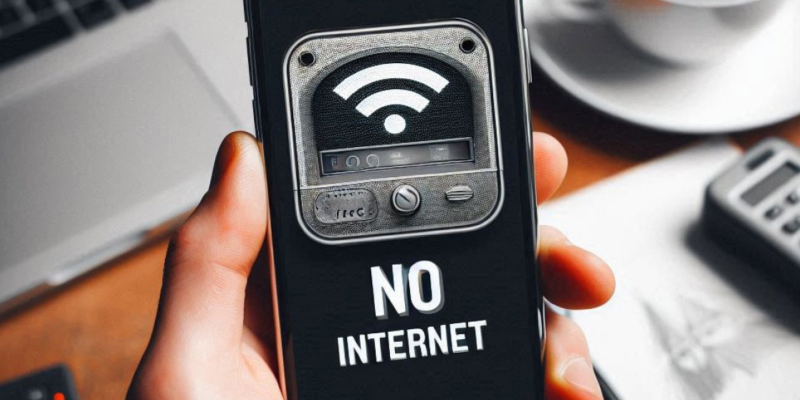






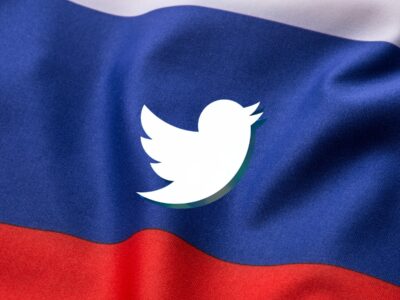
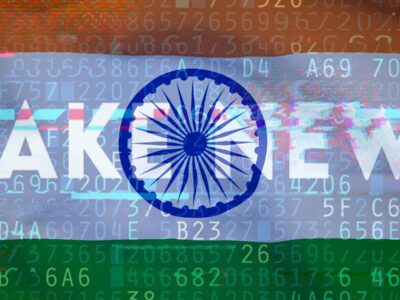
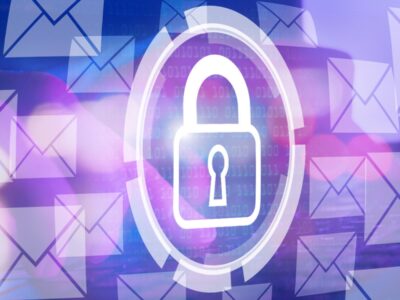
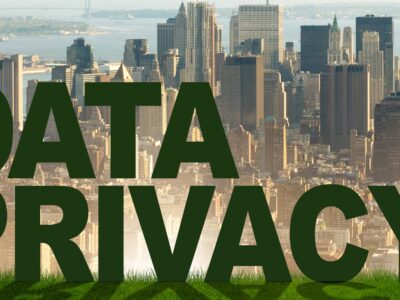

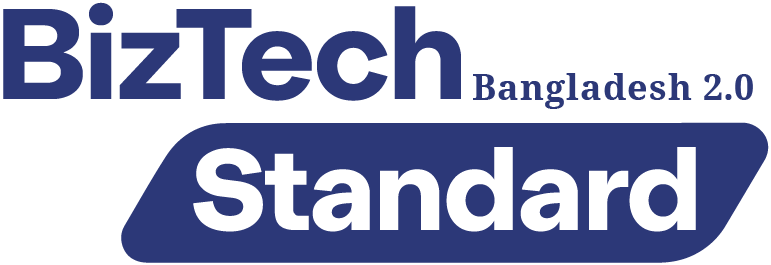
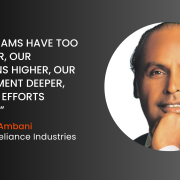
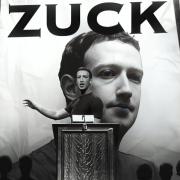

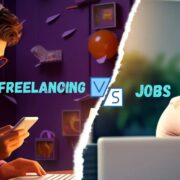










Comments